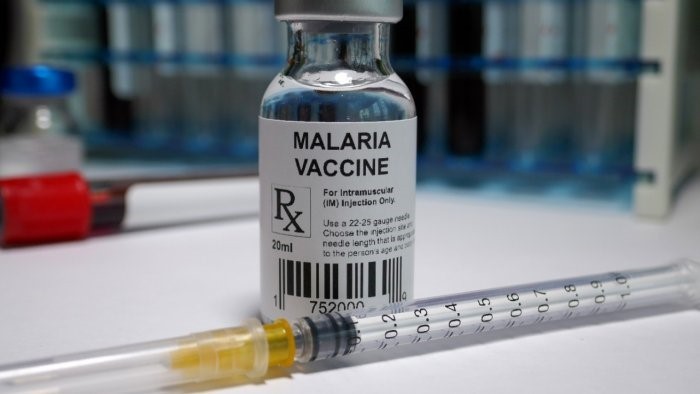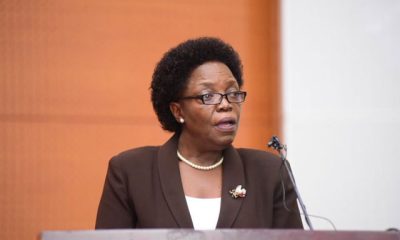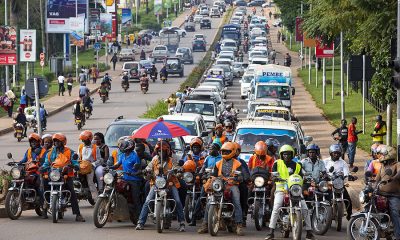In a significant stride towards eradicating malaria worldwide, the World Health Organization (WHO) has given its stamp of approval to the R21/Matrix-M vaccine, marking it as the world’s second malaria vaccine. The pivotal Phase III trials for this groundbreaking vaccine involved 4,800 children, aged five months to three years, from four countries: Mali, Burkina Faso, Tanzania, and Kenya’s Kilifi region.
Kenya played a crucial role in this milestone achievement, with 600 children participating in the trials led by Prof Mainga Hamaluba, head of clinical research and clinical trials at the Kenya Medical Research Institute (Kemri) Wellcome Trust Research Programme (KWTRP).
The R21 vaccine has showcased its potential by reducing symptomatic cases of malaria by an impressive 75 percent. This remarkable efficacy was observed in areas with highly seasonal malaria transmission, where malaria transmission primarily occurs for a limited period each year. Moreover, the vaccine’s effectiveness remained high with a fourth dose administered a year after the initial three doses. WHO noted that the R21 vaccine is expected to cost between Sh300 and Sh600 per dose.
This breakthrough assumes even greater significance as the availability of the world’s first malaria vaccine, RTS,S, remains limited. The inclusion of the R21 vaccine in WHO’s list of recommended malaria vaccines is expected to ensure an adequate vaccine supply for children living in regions where malaria poses a significant public health risk.
Despite the progress made in combatting malaria, WHO’s 2022 report underscores that Africa still shoulders the lion’s share of the global malaria burden, accounting for more than 95 percent of cases and 96 percent of malaria-related deaths.
The journey to developing the R21 vaccine included a Phase I trial in Africa to assess its safety, spearheaded by the KWTRP team in Kilifi under the leadership of Prof Hamaluba.
During the Phase III trial in Kilifi, the 600 participating children received either the R21 vaccine or a licensed rabies vaccine. The primary series consisted of the first three vaccine doses administered at 28-day intervals, with a fourth booster dose given 12 months after the third. Notably, the R21 vaccine demonstrated higher antibody and efficacy responses in younger vaccine recipients (5-17 months old) compared to older ones (18-36 months old).
This vaccine targets the CSP antigen, similar to the RTS,S vaccine, but can be administered at a significantly lower dose. It employs a simpler saponin adjuvant and can be manufactured at a larger scale, resulting in a lower cost per dose, thus enhancing cost-effectiveness.
Safety concerns were minimal, with Kemri-Wellcome Trust confirming that the vaccine was deemed safe for administration.
The next phase for the R21 malaria vaccine will involve completing the WHO pre-qualification process. Once achieved, this milestone will enable the international procurement and widespread use of the vaccine, furthering global efforts to combat malaria and save lives.














